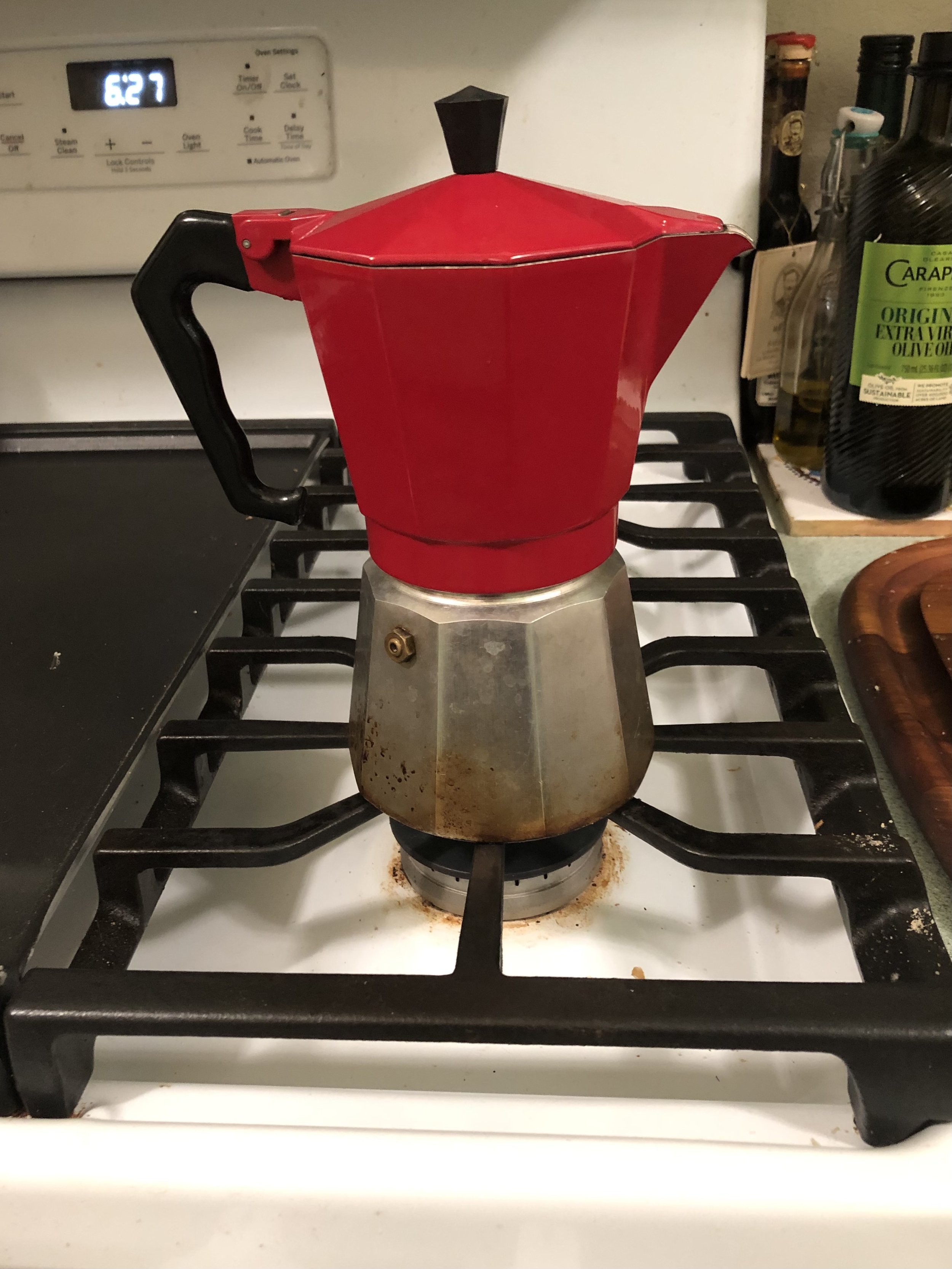January Morning Musings
On January 20, 2025, the inauguration of America’s new president took place in the nation’s capital. That Monday is also a national holiday when America commemorates the life and legacy of civil rights leader Dr. Martin Luther King. That same day, the nation was still mourning President Jimmy Carter—a life-long civil rights champion and beloved humanitarian—who passed on December 29 at the age of 100. As dawn rose that frigid morning, the American flag was flying at half-mast over the Capitol Building and government buildings around the country.
Displeased, the President-elect ordered that the flag be raised for his inauguration. However, as if trying to resist, the steadfast flag remained frozen to the flagpole that morning until it was finally freed of its grip. And in that instant, life for many has been a struggle to keep hanging on.
In an effort to keep my balance that morning, I gave myself permission to let my mind drift far from the fractured world of American politics that got us where we are today. Captured by the aroma of the pre-dawn coffee I was preparing, I found myself on a magic carpet that took me halfway around the globe to the Indonesian islands of Java and Sumatra.
Coffee is a connection to times past and to flavors of the earth—to aromas of wild forest mushrooms, dried garden herbs and exotic-Old World-spices such as cardamom and cloves. In one of the oldest and most renowned coffee producing regions of the world, Indonesian farmers cultivate coffee on the islands of Java and Sumatra as they have since the time of Dutch colonization in 1696.
In my musing I watch as the vacuum seal on a bag of Toraja Indonesian coffee beans is broken, releasing a turbaned coffee genie. It then hovers over a two-chambered coffee percolator until the water in the lower chamber comes to a boil and percolates up through the grinds—dark and rich as oil emerging from the earth. The freshly brewed coffee and frothed milk then at last merge as a cuppa java.
Eager to share his knowledge of Indonesia’s coffee rich growing region, the genie asks, “What is the ideal microclimate for coffee?” Not waiting for my reply, he answers, “Volcanic soil, frost-free altitudes of 4,000-6,000 feet, moderate rainfall, and abundant sunshine.” Clearly in his element, he continues. “Coffee trees grow best between the Tropic of Capricorn and the Tropic of Cancer and the Republic of Indonesia—an archipelago of 17,000 islands— spans 3,107 miles across the equator.
A picture forms in my mind of Sumatra and Sulawesi where mist hangs over lush green volcanic mountain flanks. Thatched houses perch on stilts and picturesque rice paddies worked by water buffalo form a tapestry of terraces stepped into the mountainsides. In this tropical montane geography, farmers interplant coffee trees with fruit and vegetables that provide food for the family table and spices for export. A small family coffee farm in Indonesia is only a few acres in size compared to hundreds of acres in other coffee-producing countries such as Brazil.
According to the genie, an early coffee company named Singa was established in 1928, when Indonesia was part of the Dutch East Indies. A bunch of red coffee cherries and a lion appeared on the label. Choosing to use this moment to fill in more details, the genie explained, “The ripe cherries must be handpicked and the beans separated from the outer pulp by farmers using hand-operated coffee mills. The beans are then sun-dried on tarps spread on the ground. Farmers pool their beans in the local village and their collective coffee harvest is then trucked off for commercial sale.”
Finally, the coffee genie describes the aroma of the Toraja beans that trace their origins back to the days of Dutch rule when the Indonesian island of Sulawesi was called Celebes. “Toraja people grew a complex and exotic coffee described by one coffee buyer as having a butter-caramel sweetness and wild mushroom-like flavor.” And with that, dawn arrived taking the imaginary coffee genie with it.
Back from my musing, I looked out our high living room window at a woods of tall pines, cedars and fir trees, trying to imagine the thickly forested, volcanic soil of Sulawesi’s highlands. Finding my coffee cup empty, I quietly slip off the couch where my cat Peekay has tucked in next to me. Though I could sit here in silence for hours, I know there is work to be done. I must remind myself every morning to seek sources of friendship and joy, to be kind, to resist hate, to fight against fear, and to hang on to hope.
And at times when the political future of our country appears darkest, it will be up to each of us to find the courage to stay in the fight. For as long as it takes, we must be the light that keeps America’s spirit and democracy alive.





